
A simple process for managing an overwhelming to-do list can make you more productive — and less stressed — in no time.

Dr. Paul is the former executive director of the Companion Animal Parasite Council and a former president of the American Animal Hospital Association. He is currently the principal of MAGPIE Veterinary Consulting. He is retired from practice and lives in Anguilla, British West Indies.

A simple process for managing an overwhelming to-do list can make you more productive — and less stressed — in no time.

What we can all learn from rulers in ancient times about how to be good leaders—and good citizens—today.

In every corner of the world, people are doing their part to thwart the spread of COVID-19. dvm360 columnist Dr. Mike Paul shares what he’s experiencing on the tiny island of Anguilla.

You may not have the title of “boss” or “manager” at your veterinary practice, but that doesn’t mean you can’t be a leader. Here’s how to prepare yourself for a leadership role.

As society evolves, veterinary practices must adapt to new norms. Today, gender is one of those areas where a “new normal” means you have to adjust how you address employees and clients who may not think as you do.

I struggle with New Year's resolutions, too. Here are ways to make sure your resolutions (veterinary or otherwise) to grow and change this year have a better chance to stick.

Making a change in this world doesnt necessarily require an army of people or millions of dollars. All it really takes is you.

Were living longer. That means well need more money for longer retirements as veterinary professionals. As I navigate these waters myself, here are some sobering numbers to get you thinking that maybe its time to take this planning seriously.

Retirement is not the end. Here are a few tips to help you live your best life right now, free of regrets.

Retired vet shares his thoughts on transitioning out of veterinary medicine and explains why reinventing your identity is so important.
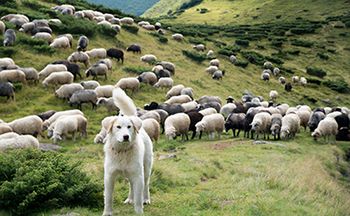
I've spent decades watching leaders and leading, and I think these traits are the best ones for every leader in veterinary practice to learn.

I would have never dreamed of a daytime sleep habit, but doctors orders made me a believer.

When it comes to ending a pets life, many people wonder, How do vets do it? I consider ending an animals suffering to be one of the greatest responsibilities entrusted to the veterinary profession and one of the gifts many veterinarians take for granted.

Some of us expect happiness to fall into our laps. Some expect it to never come. I think theres another way to think about being happy.

Japans so-called Queen of Tidy helped me sort my T-shirt drawer, my office and my garage, keeping only the stuff that sparked joy. But I think these lessons offer us veterinary professionals a chance to ask that about every task and everyone in our lives.

Meaningful personal and professional growth may come at a level that seems easy as pie. Like so basic that surely the veterinary profession succeeds at it already. But no.

You get what patients are saying to you in their blood work and their body language, but are you always paying enough attention to what your veterinary team members and clients are telling you? Here are a few things to work on.

You need a fresh perspective. You need to breathe the air somewhere else. Break out of your veterinary practice world into a new city or a new country and get a new state of mind.

When it comes to providing optimal care for veterinary patients, sometimes the best action is no action at all.

If you like telling friends, family and colleagues what to do—and as a smart, solution-driven veterinary professional, you just might—it’s time to ask whether it’s what people you care about actually want or need in conversations with you.

Whether its your veterinary clients, team members or associate veterinarians, everyone is coming to you with their unique problems. This year, resolve to solve them, even when it takes a little innovation.

Bullying isnt limited to the playground. When it comes to your veterinary workplace, it can affect everything from morale to your bottom line.

Dr. Mike Paul stresses the importance of planning for retirement in a veterinary careerbecause the security prior generations had in government programs wont cut it anymore.
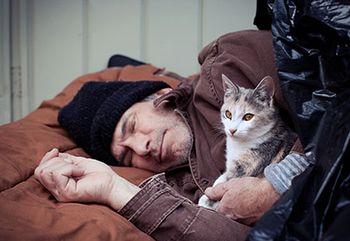
It's easy to get judgy about a pet living in poverty. Before you do, take a moment to imagine where its owner came from.

Compassion fatigue, brownout, burnout, depressionso many conditions, and veterinarians may suffer from any of them. Learn to understand the differences between each and set yourself on a path to more happiness.

One year after Hurricanes Irma and Maria, Dr. Mike Paul shows that the Caribbean has much to celebrate.
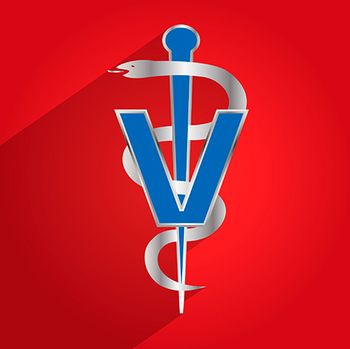
Your ship-er, practice-is run with all types of personalities from different worlds-baby boomers, Generation X'ers and millennials. They can all work together to boldly care for a pet as no pet has been before.
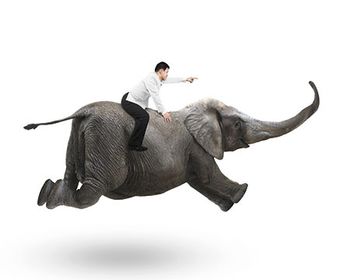
When your practice is facing changes, consider the necessity of two different outlooks.
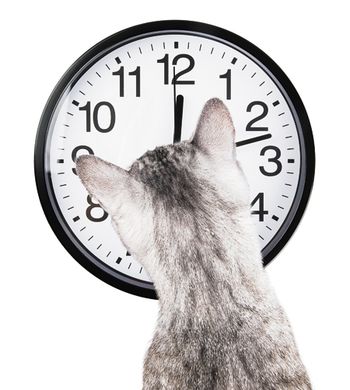
Veterinary professionals, you have a finite amount of time in this lifewhy are you spending it on other peoples priorities? Sit down, write out these two lists, and rejigger your commitments.

Think of a convention program as a map, with unfamiliar topics like unexplored cities.

Published: April 23rd 2020 | Updated:

Published: July 17th 2020 | Updated:

Published: February 14th 2020 | Updated:

Published: November 1st 2013 | Updated:

Published: June 30th 2012 | Updated:

Published: May 1st 2012 | Updated: